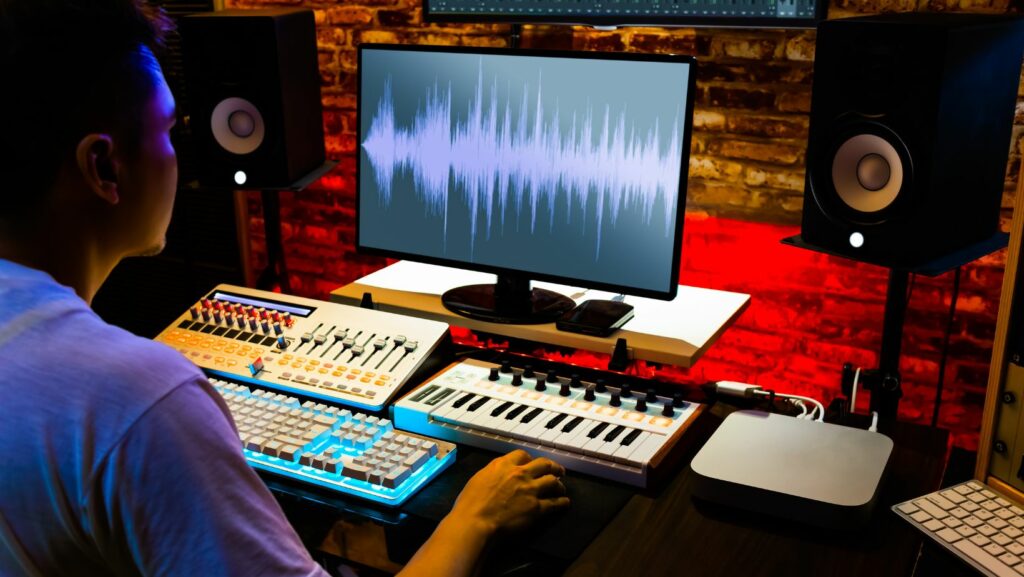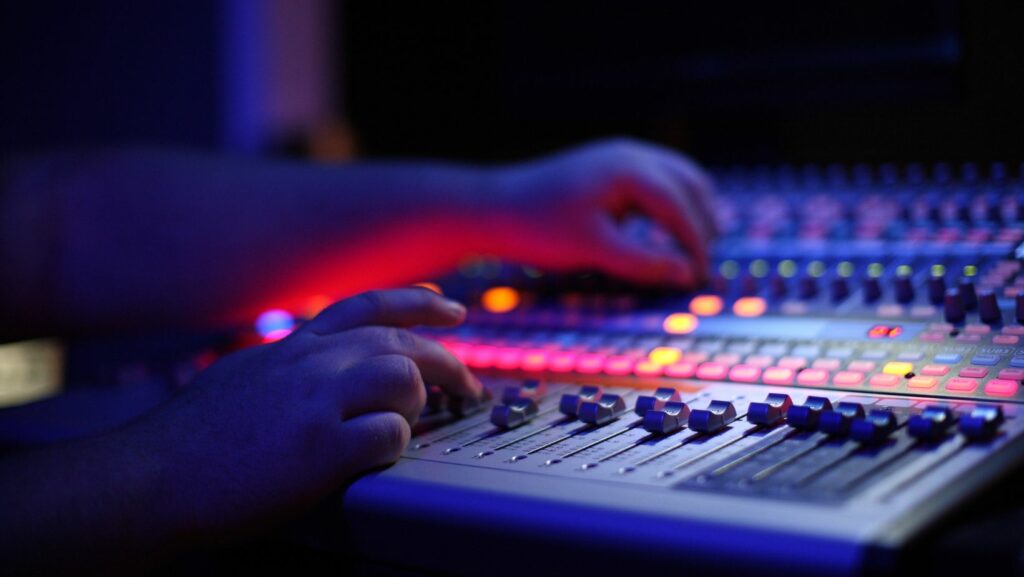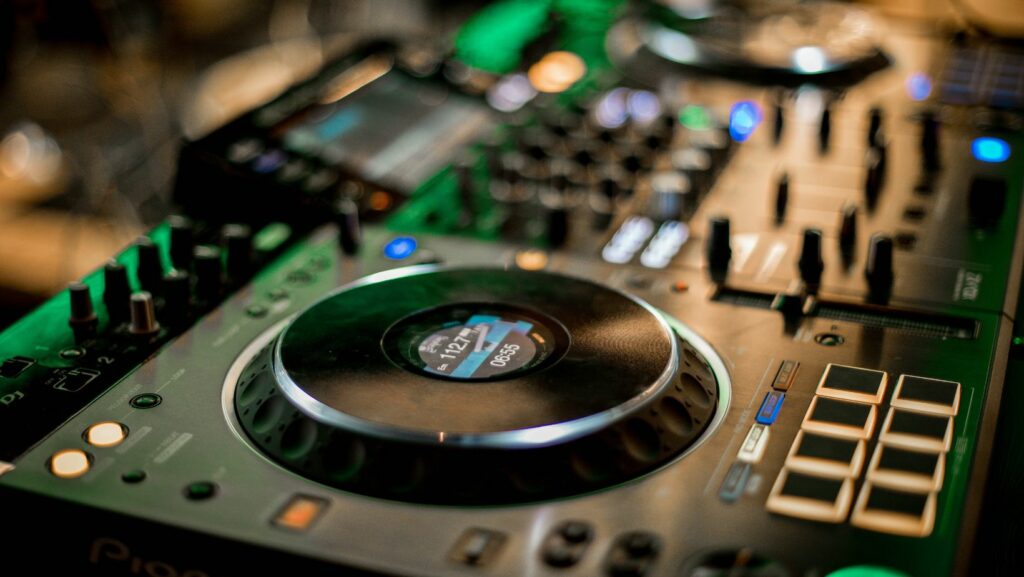Best Music Mixing Software
When delving into the realm of music production, finding the right software for mixing can be a game-changer. With a plethora of options available, selecting the BEST MUSIC MIXING SOFTWARE suited to your needs requires careful consideration and evaluation. Whether you are a novice looking to experiment or a seasoned professional aiming for precision, having the ideal tool at your disposal is crucial.

The BEST MUSIC MIXING SOFTWARE should offer an intuitive interface that streamlines workflow without compromising on functionality. From basic editing features to advanced mastering capabilities, versatility is key in catering to various musical styles and projects. As I explore different software solutions, I’ll delve into their unique features, user-friendliness, and overall performance to help you make an informed decision.
In an ever-evolving digital landscape, staying updated on the latest trends and innovations in music mixing software is essential for maximizing creativity and efficiency. By examining the strengths and limitations of leading platforms, we’ll navigate through this dynamic field together, shedding light on what sets each option apart. Let’s embark on this journey to uncover the BEST MUSIC MIXING SOFTWARE that aligns with your artistic vision and technical requirements.
Understanding Music Mixing Software
When diving into the realm of music mixing software, it’s essential to grasp the fundamental role these tools play in shaping and refining audio tracks. Music mixing software empowers creators like myself to blend individual elements such as vocals, instruments, and effects into a cohesive and harmonious masterpiece.
Key Features of Music Mixing Software
- Multitrack Editing: Enables me to work on various components of a song separately.
- Effects Processing: Offers a range of effects like reverb, equalization, and compression for enhancing sound quality.
- Automation: Allows precise control over volume changes, panning, and effect parameters at specific points in the track.
Understanding these features is crucial as they form the backbone of any music production project. For instance, with multitrack editing capabilities, I can fine-tune each element independently before blending them together seamlessly.

The Evolution of Music Mixing Tools
Over time, music mixing software has evolved from basic digital audio workstations (DAWs) to sophisticated platforms with advanced functionalities. Today’s tools not only streamline the mixing process but also provide intuitive interfaces that cater to both beginners and seasoned professionals.
Choosing the Right Software for Your Needs
Selecting the ideal music mixing software depends on factors such as budget constraints, workflow preferences, and desired outcomes. Whether opting for industry-standard DAWs like Pro Tools or more accessible options like GarageBand, finding a tool that aligns with my creative vision is paramount in achieving exceptional results.
In conclusion, mastering music mixing software entails delving deep into its features while staying attuned to industry trends and technological advancements. With dedication and practice, I’ll harness these tools to elevate my musical compositions to new heights.
Top Contenders for Best Music Mixing Software
When diving into the realm of music mixing software, it’s crucial to explore the top contenders that lead the industry with their features and functionalities. These software solutions cater to a wide range of users, from beginners looking to experiment with sound to professional music producers aiming for precision and efficiency. Let’s delve into some of the standout options in the market:

Ableton Live
Ableton Live stands out as a versatile platform favored by many electronic music producers and DJs. Its intuitive interface allows users to seamlessly integrate audio and MIDI tracks, offering a plethora of built-in effects and instruments for creative experimentation. With its real-time performance capabilities and robust automation features, Ableton Live is a powerhouse for live performances and studio productions alike.
Pro Tools
Pro Tools has long been a staple in recording studios worldwide, known for its industry-standard editing tools and high-quality audio processing capabilities. Catering more towards professional musicians and engineers, Pro Tools provides advanced mixing features such as surround sound support and comprehensive session management. Its collaboration tools make it ideal for working on projects with multiple contributors across different locations.
